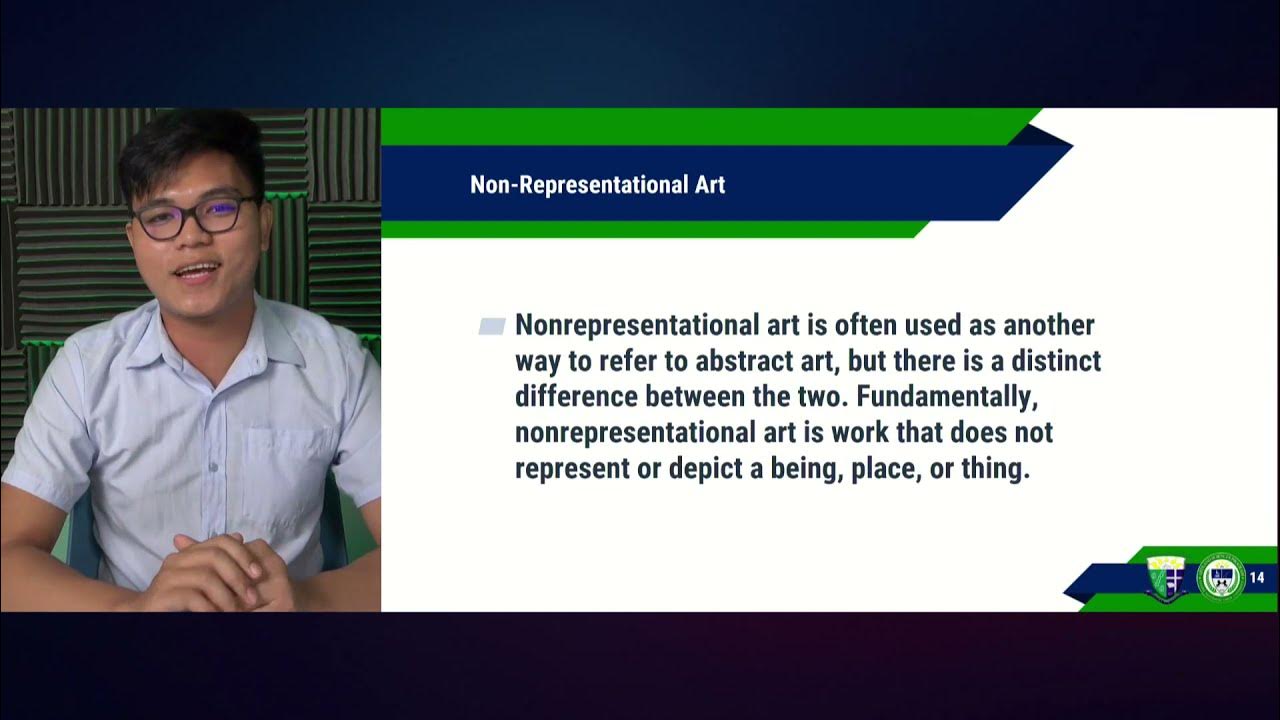Artist Piet Mondrian - Modern Art Explained by Lillian Gray
Summary
TLDRPiet Mondrian, a revolutionary Dutch artist, transformed the art world through his minimalist, abstract approach. Initially inspired by Cubism and influenced by artists like Picasso and Van Gogh, Mondrian's work evolved into a style focused on primary colors, straight lines, and geometric forms. His De Stijl movement, which aimed to depict harmony and balance, revolutionized art, architecture, and design. Despite facing personal and global challenges, Mondrian's innovative work has left a lasting impact on modern art and continues to influence artists and designers today. His belief in simplicity and order as a path to peace and beauty reshaped visual culture.
Takeaways
- 😀 Mondrian started his artistic journey with landscape paintings, influenced by Dutch masters like Rembrandt and later, Van Gogh.
- 😀 Piet Mondrian was a key figure in the De Stijl movement, which focused on abstraction and simplicity, using only primary colors and straight lines.
- 😀 The New Plasticism theory, developed by Mondrian, aimed to capture the essential essence of objects, reducing them to basic geometric forms.
- 😀 Mondrian believed that abstract art could promote peace and harmony, especially during the turmoil of World War I.
- 😀 His minimalist grid paintings, using primary colors and rectangular shapes, had a lasting impact on modern architecture, design, and art.
- 😀 The Rietveld Schröder House, designed by Gerrit Rietveld, exemplifies the De Stijl principles with its clean lines and open-plan living spaces.
- 😀 Mondrian's style evolved over time, and in his later years, he was influenced by the rhythm of jazz music, as seen in his *Broadway Boogie Woogie*.
- 😀 Mondrian's unconventional methods, such as using petroleum to speed up drying times, contributed to the deterioration of his artwork.
- 😀 His work has had a profound influence on minimalist movements, shaping modern visual culture in architecture, graphic design, and even fashion.
- 😀 Despite personal hardships, including the loss of his father and the impact of World War I, Mondrian remained dedicated to creating art that transcended the physical world.
Q & A
What was the primary challenge given to the audience regarding drawing a tree?
-The challenge was to draw the feeling of a tree, not a physical tree, asking the audience to capture the emotional essence of a tree, whether it evokes happiness, calmness, anxiety, or any other personal feeling.
What did the speaker suggest about modern art and its interpretation?
-The speaker suggested that modern art often appears simple or even childish at first glance, but it's important to understand the thought process behind the work. The focus is on how artists see and interpret the world, not just replicate reality.
What is the significance of Piet Mondrian's work in relation to depicting objects?
-Piet Mondrian's work was focused on capturing the feeling of an object, like a tree, rather than its realistic representation. His work emphasized abstraction and simplicity, moving away from portraying physical reality and instead representing the essence or emotion of objects.
What art movement did Piet Mondrian pioneer, and what were its main principles?
-Piet Mondrian pioneered the De Stijl movement, which emphasized the use of primary colors, straight lines, and geometric forms. The main principles of De Stijl were simplicity, abstraction, and the belief that art could represent universal harmony and balance.
How did Mondrian simplify the world around him in his art?
-Mondrian simplified the world around him by reducing objects to their core essence. He stripped away unnecessary details and used only primary colors and black lines to create harmony and balance in his compositions.
What was Mondrian's concept of 'New Plasticism'?
-New Plasticism was Mondrian's philosophy that art should reflect the ideal balance and harmony of life through abstraction. He believed that depicting the world in this way was more beautiful and harmonious than representing it realistically.
How did Mondrian's art evolve during his time in Paris and later in New York?
-In Paris, Mondrian was influenced by Cubism and Fauvism, which led him to experiment with lines and color. After moving to New York, he further simplified his work, drawing inspiration from the city's rhythm, jazz music, and grid systems, which he depicted in his famous 'Broadway Boogie Woogie' painting.
What was the impact of World War I on Mondrian's life and work?
-World War I had a profound impact on Mondrian's life, as he was trapped in the Netherlands and unable to return to Paris. During this time, he created some of his most significant work and became involved with the De Stijl movement, which sought to create a harmonious world through abstraction.
What was the significance of the Rietveld Schröder House?
-The Rietveld Schröder House, designed by Gerrit Rietveld, is a landmark example of De Stijl architecture. It embodies Mondrian's principles of New Plasticism with its clean lines, open-plan spaces, and revolutionary design, which influenced modern architecture and design.
How did Mondrian's influence extend beyond the art world?
-Mondrian's influence extended far beyond art into architecture, design, and popular culture. His minimalist style has been incorporated into everything from interior design and fashion to digital media and advertising, shaping the visual language of modern life.
Outlines

This section is available to paid users only. Please upgrade to access this part.
Upgrade NowMindmap

This section is available to paid users only. Please upgrade to access this part.
Upgrade NowKeywords

This section is available to paid users only. Please upgrade to access this part.
Upgrade NowHighlights

This section is available to paid users only. Please upgrade to access this part.
Upgrade NowTranscripts

This section is available to paid users only. Please upgrade to access this part.
Upgrade NowBrowse More Related Video
5.0 / 5 (0 votes)





